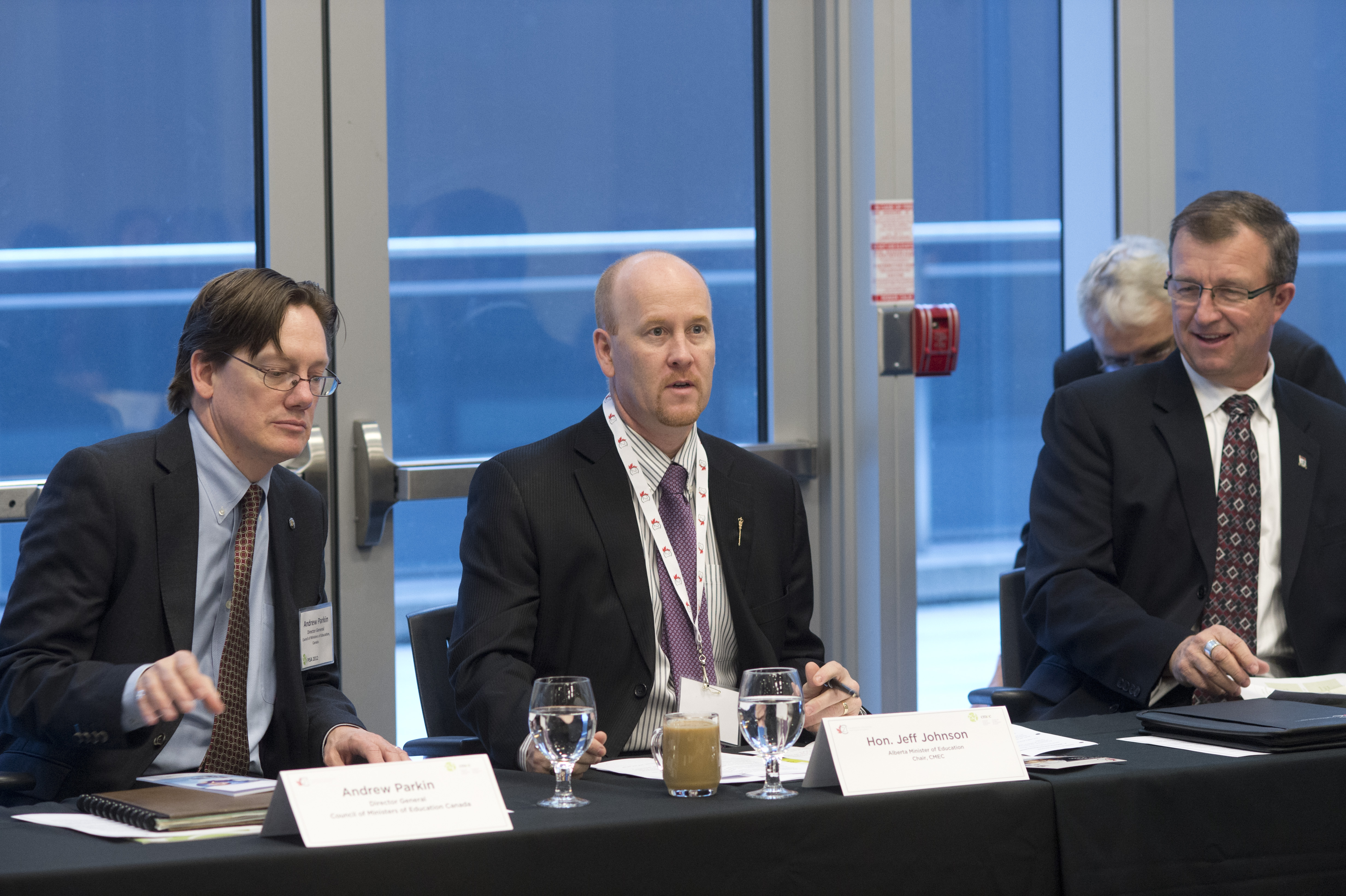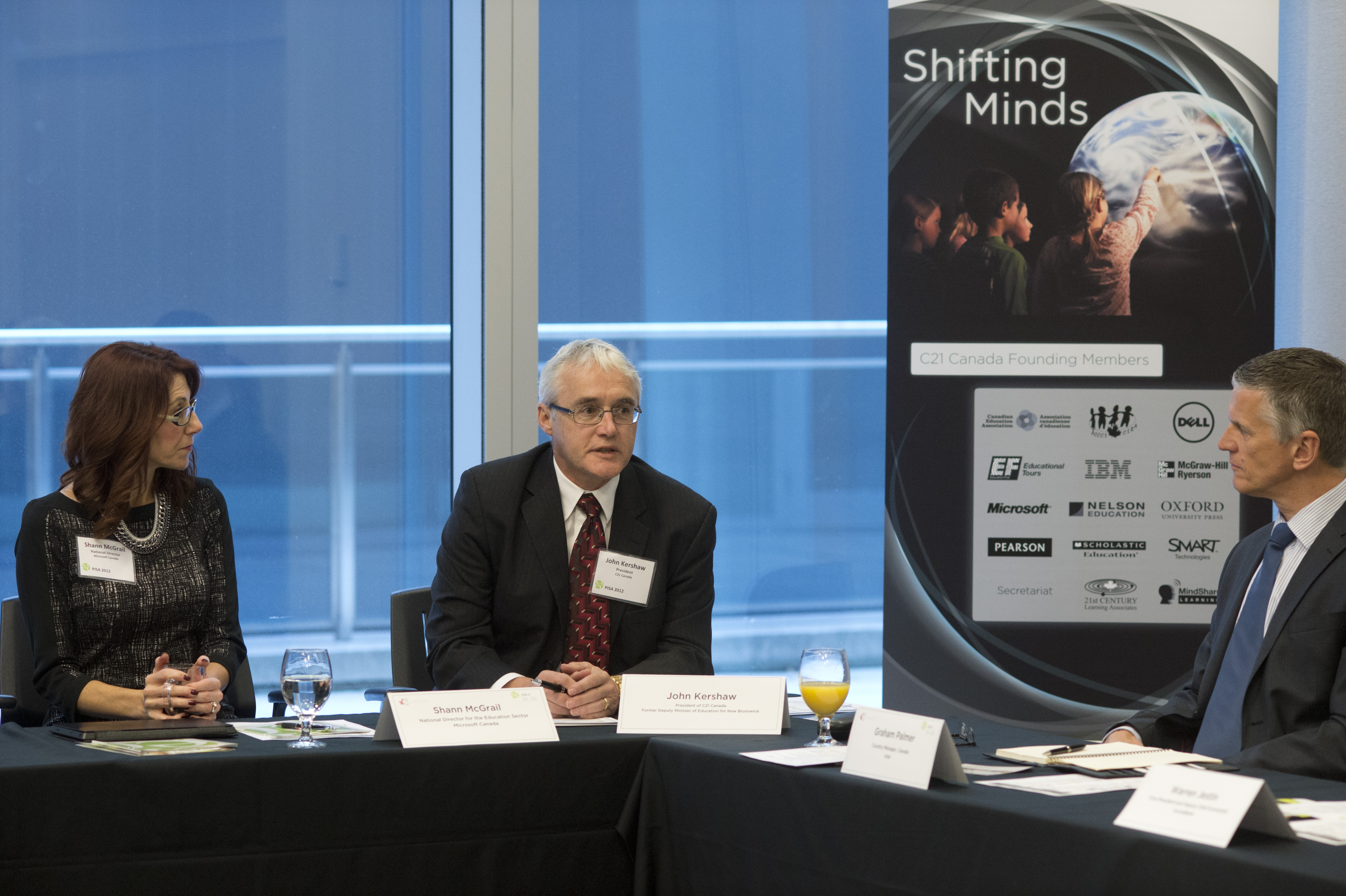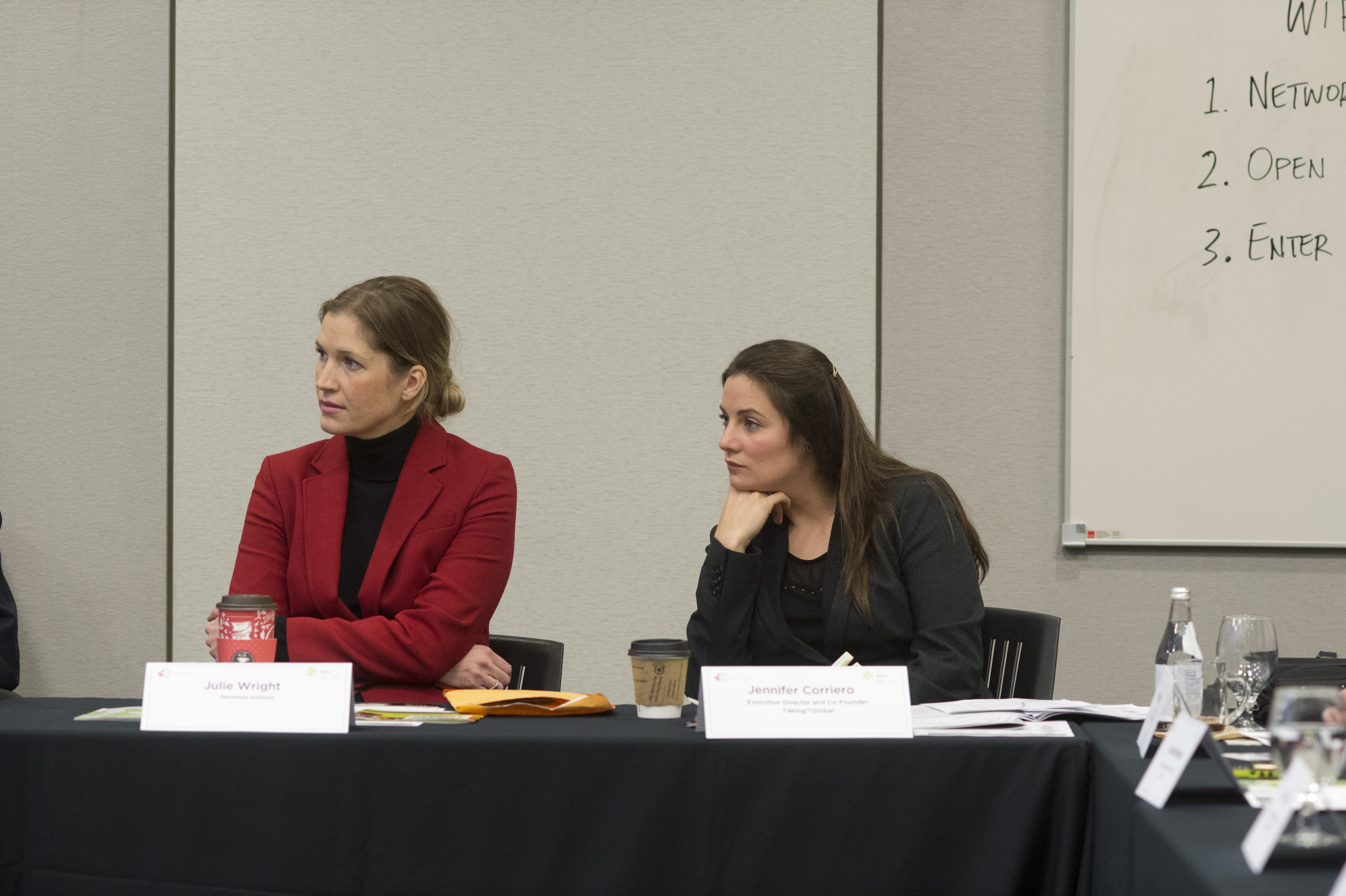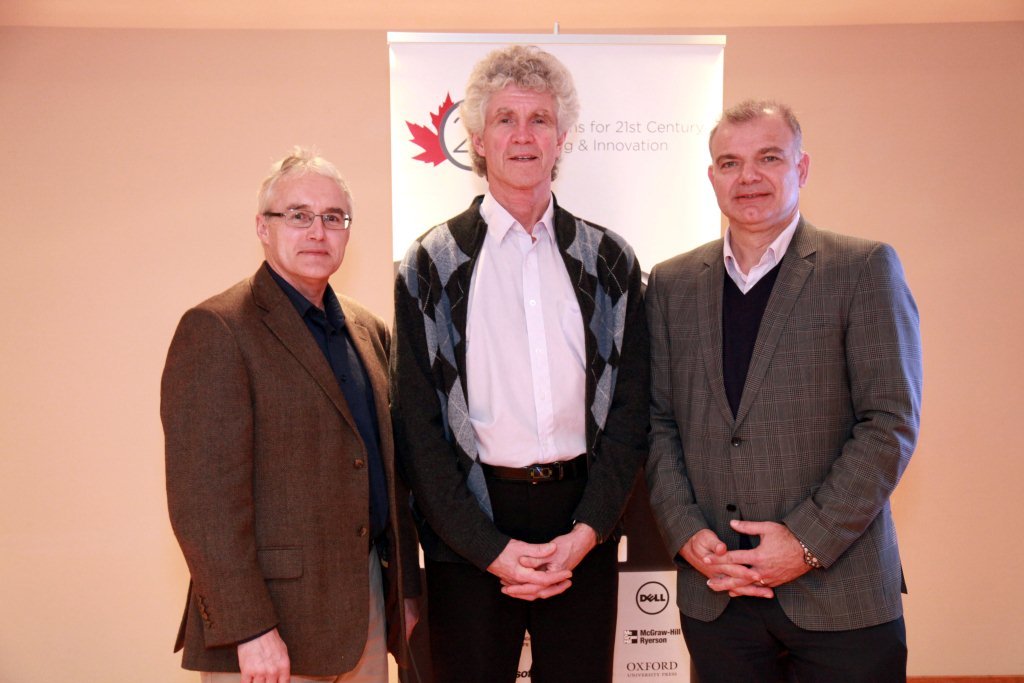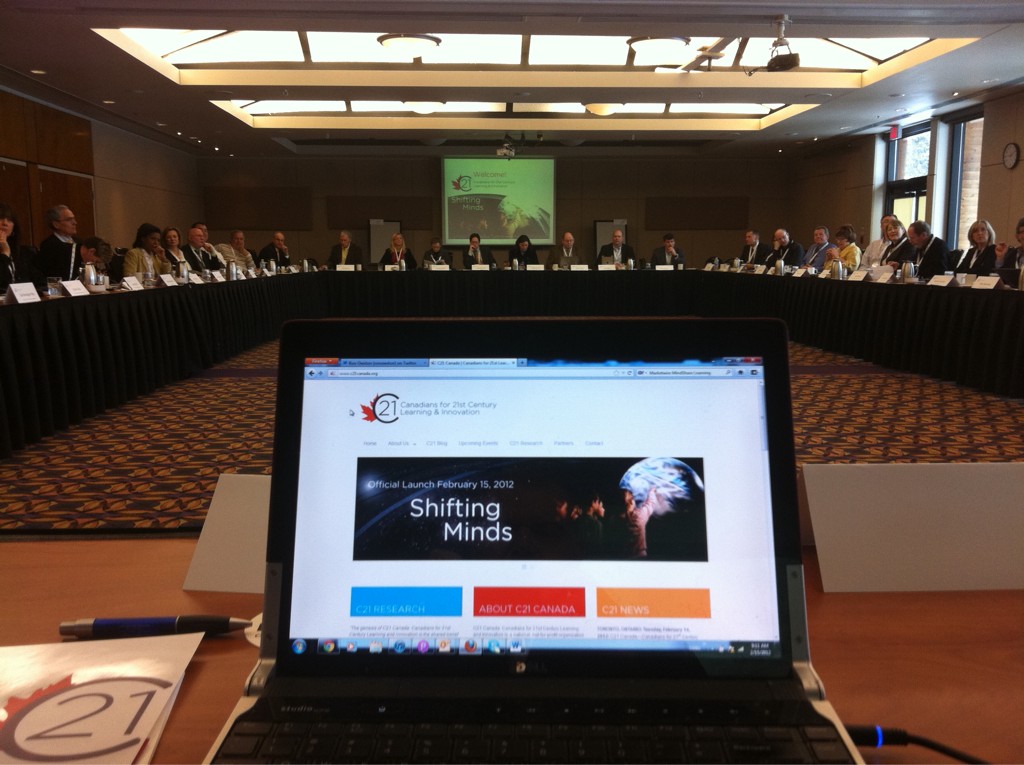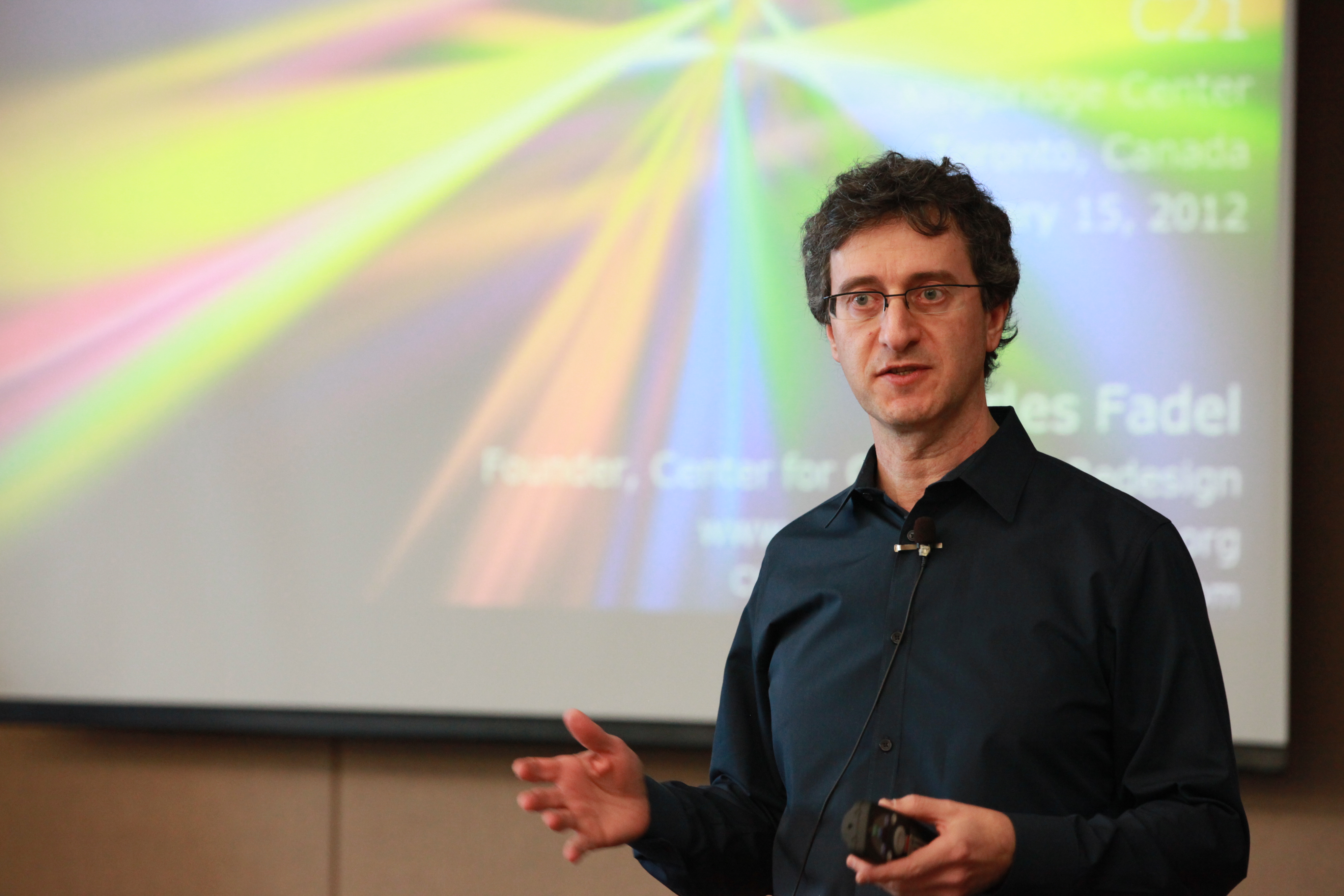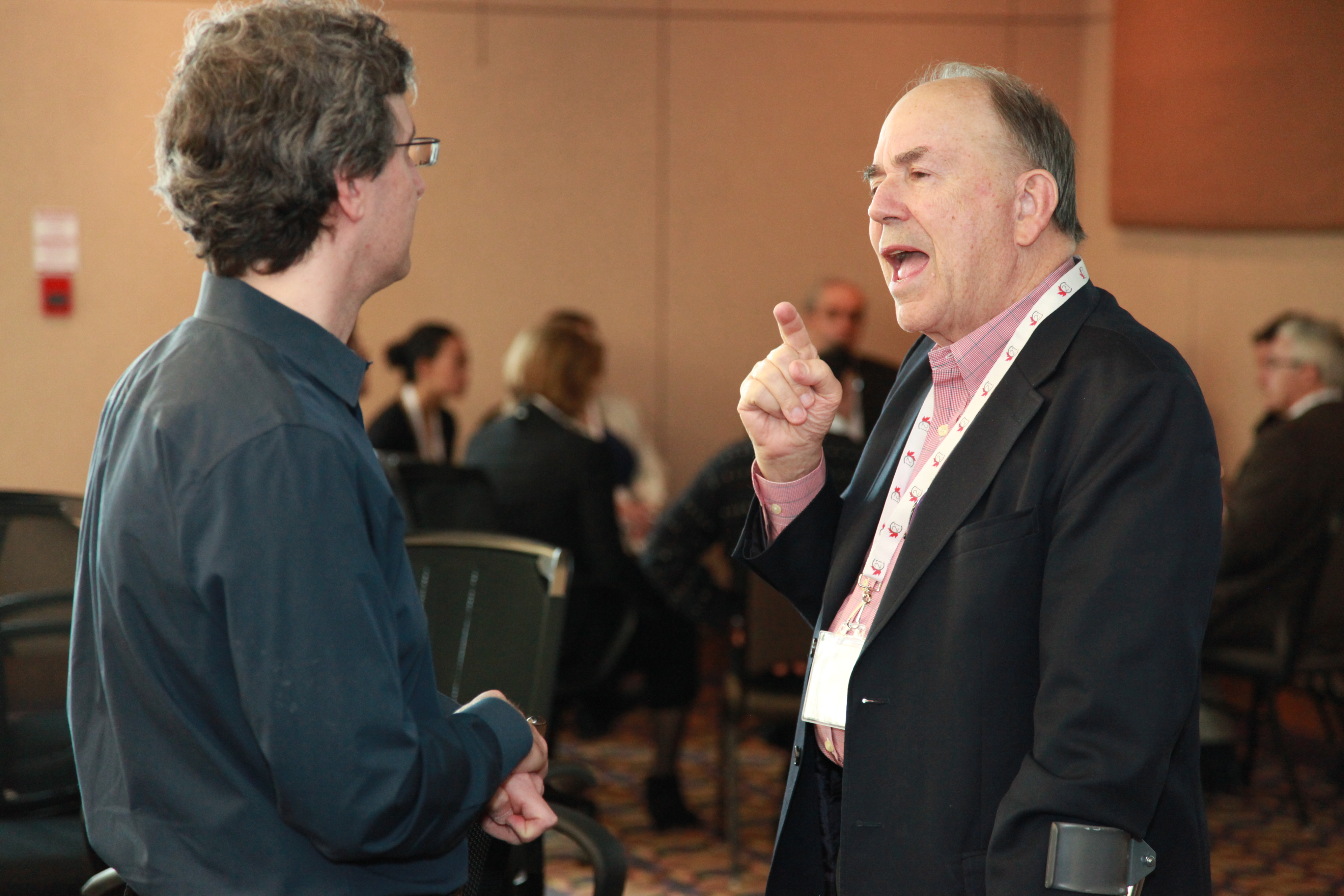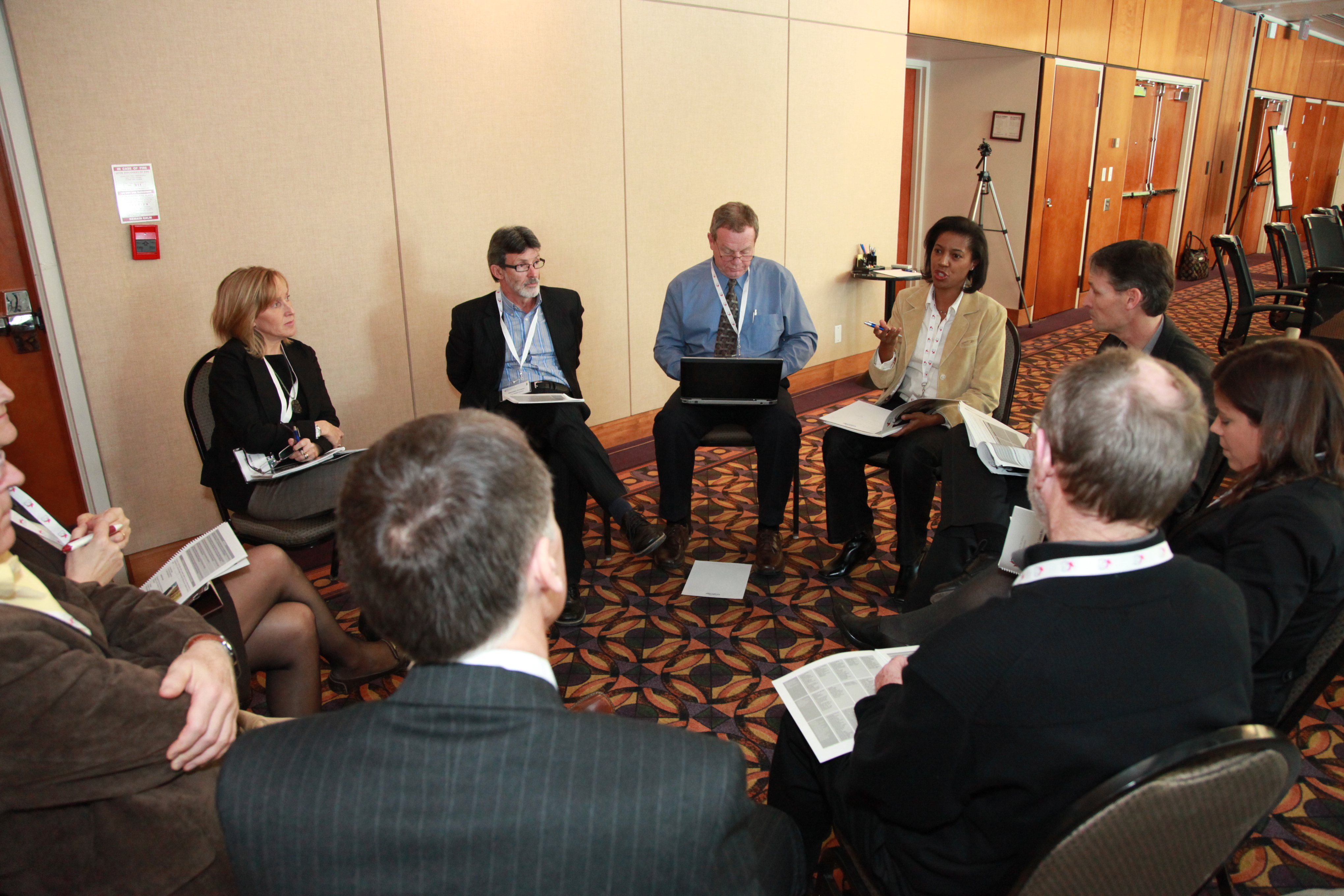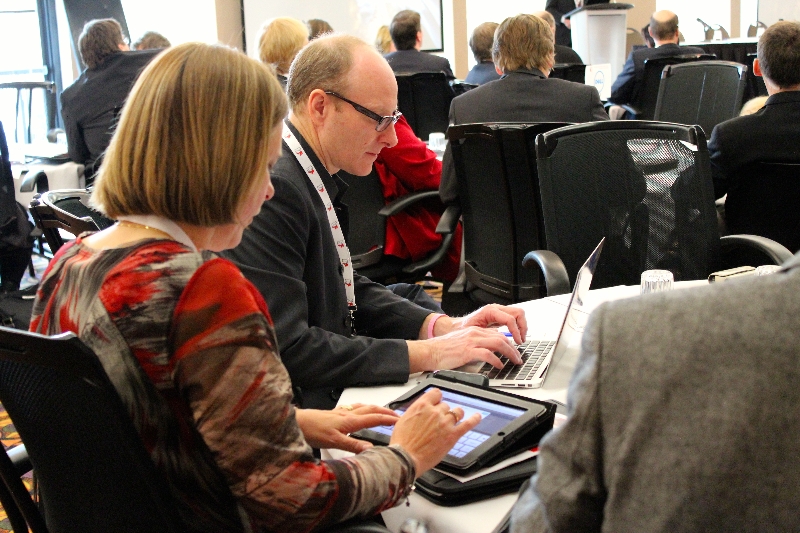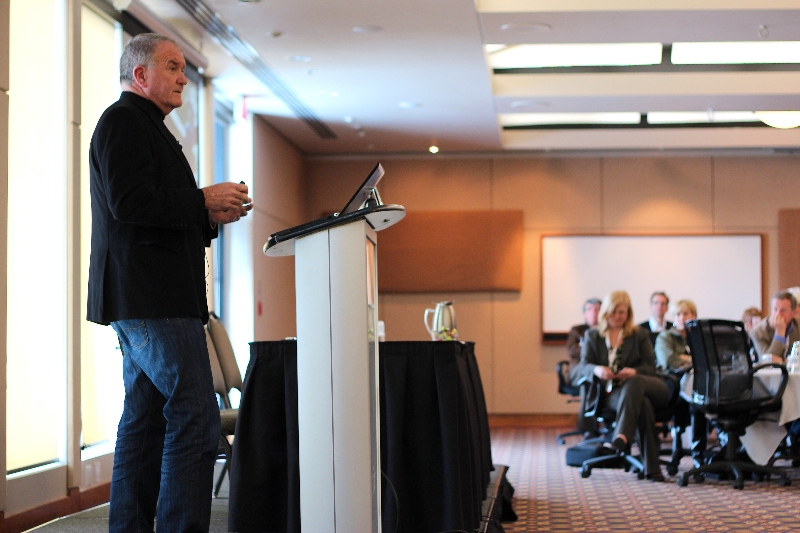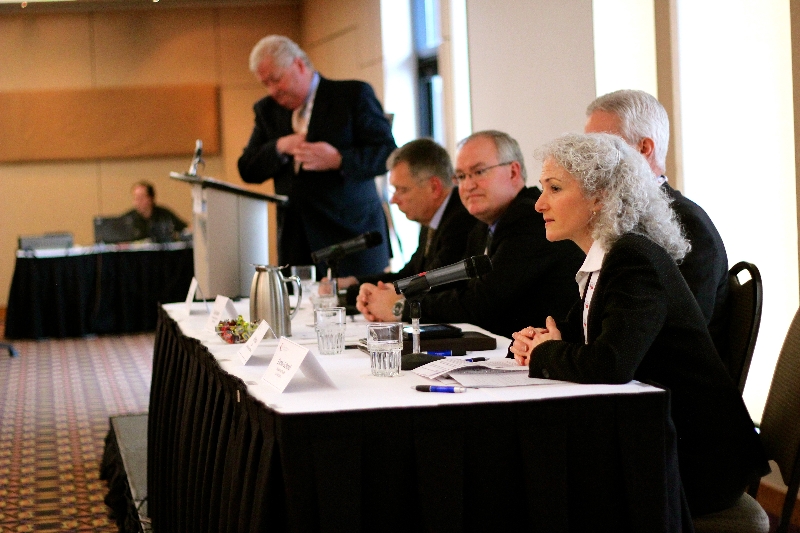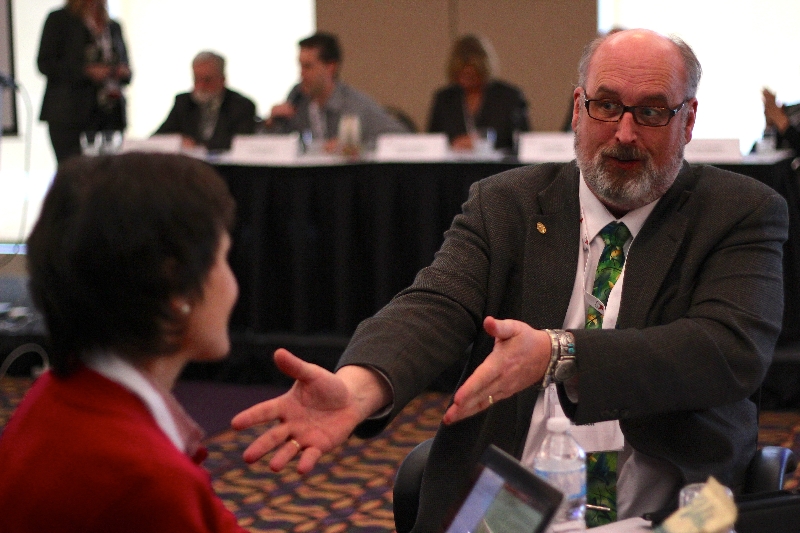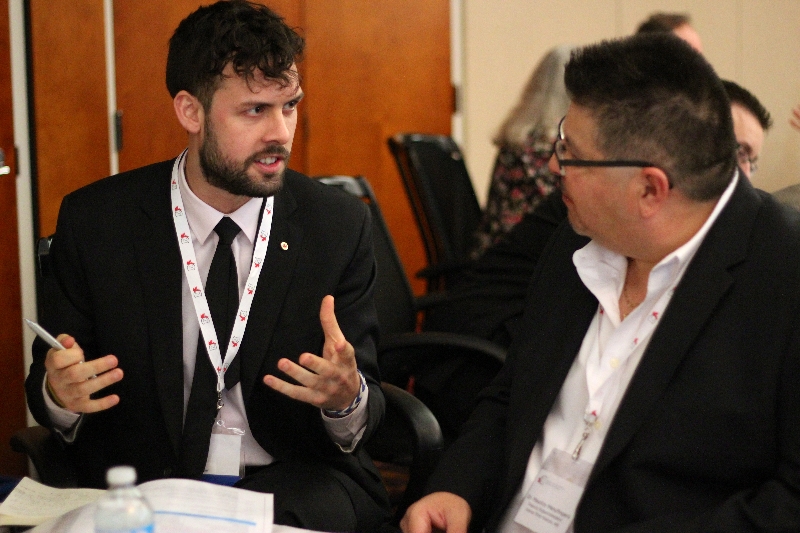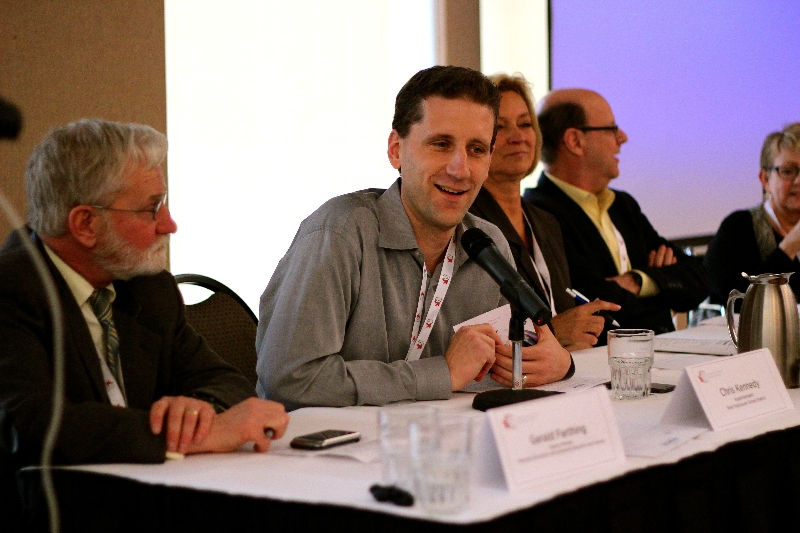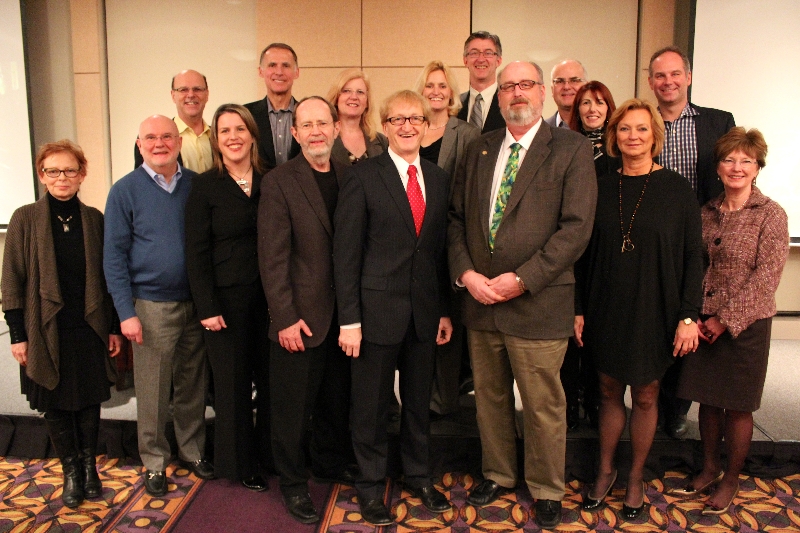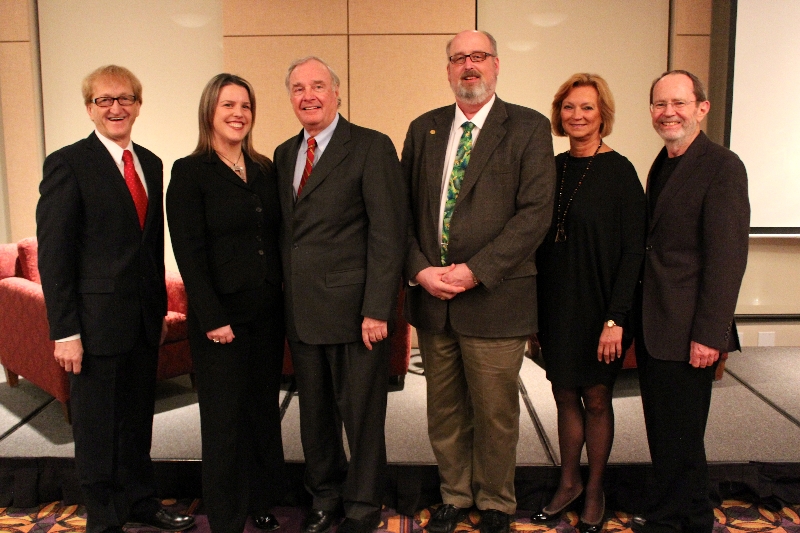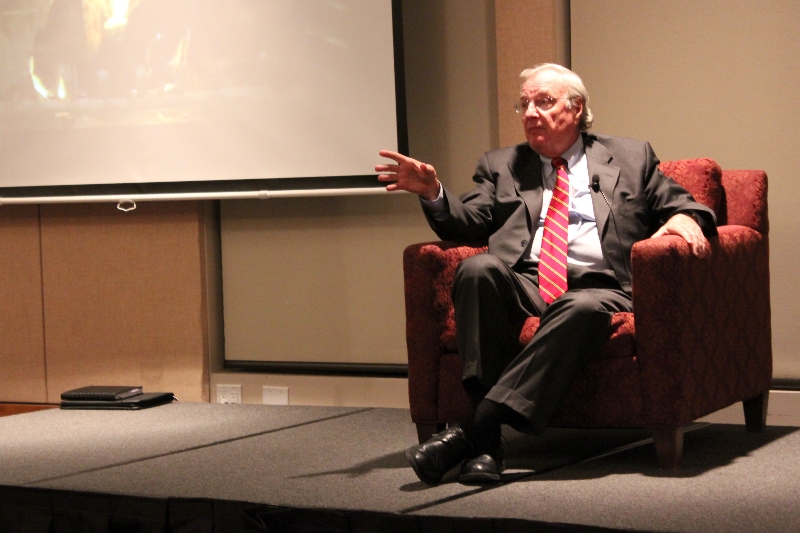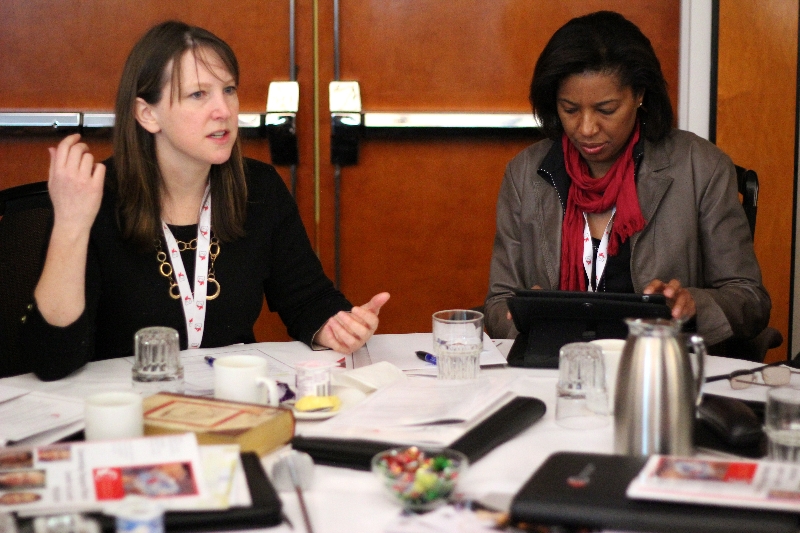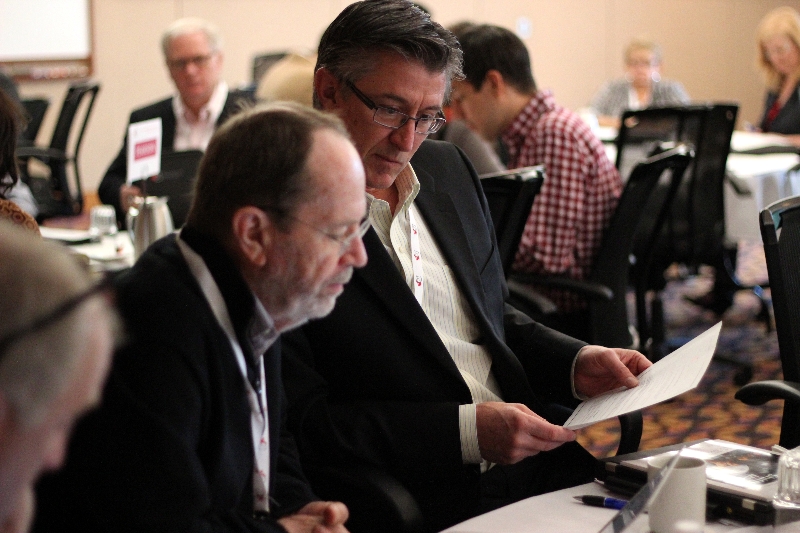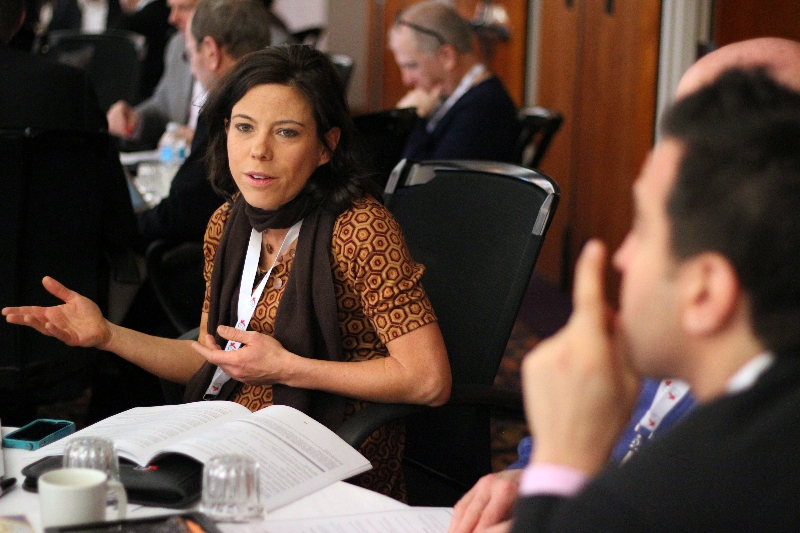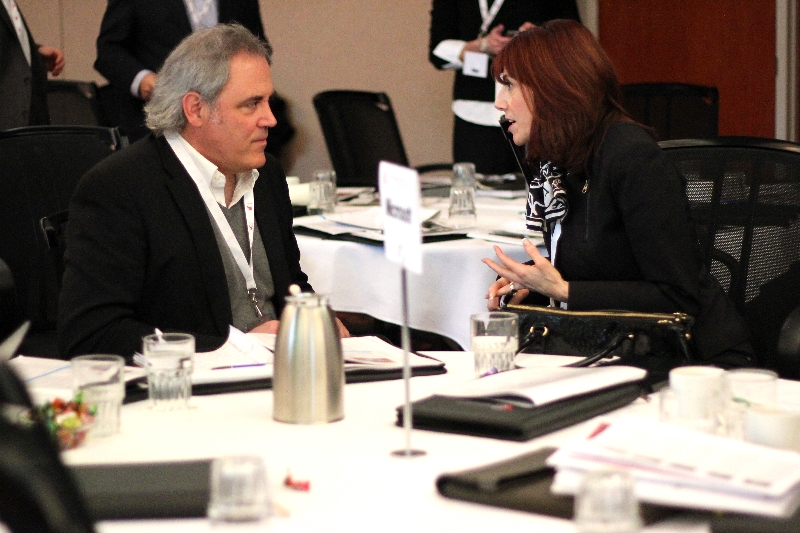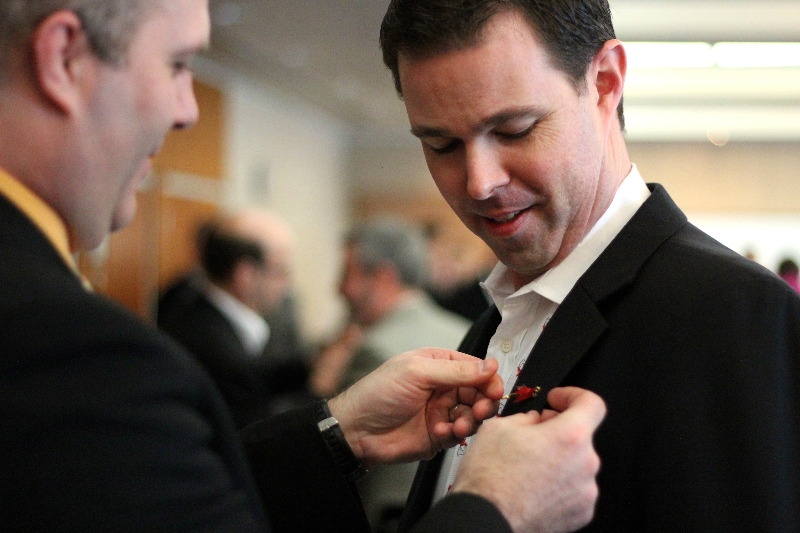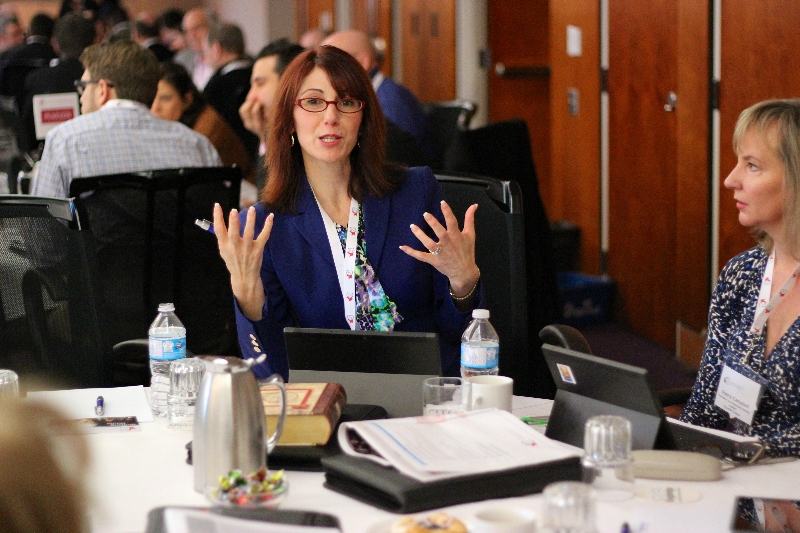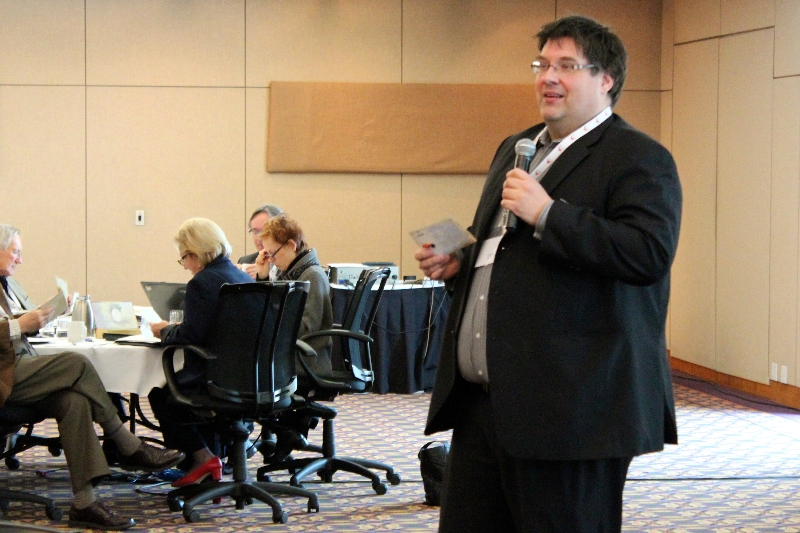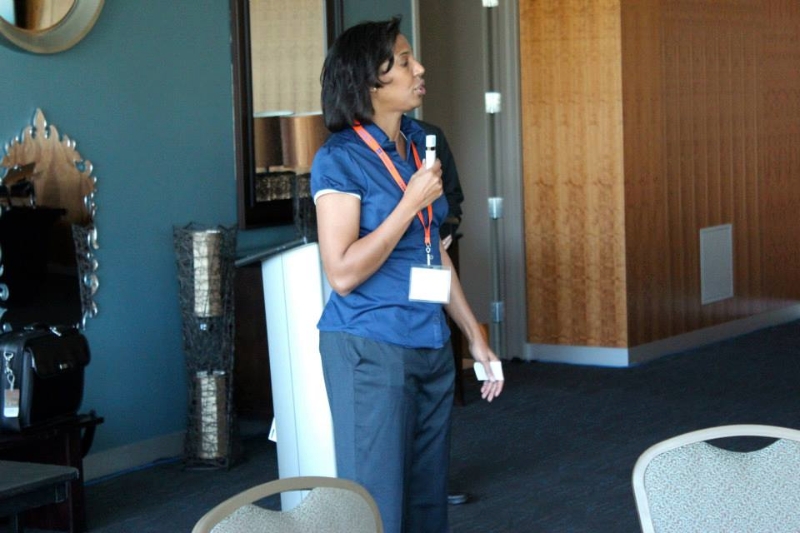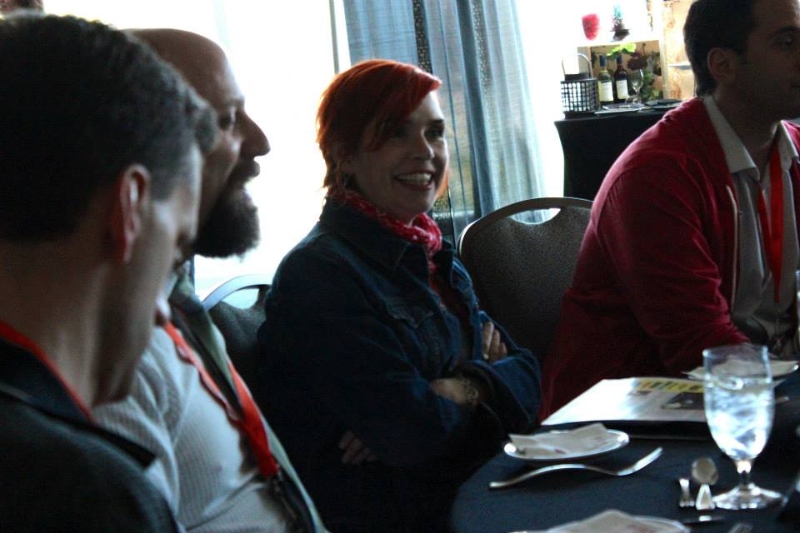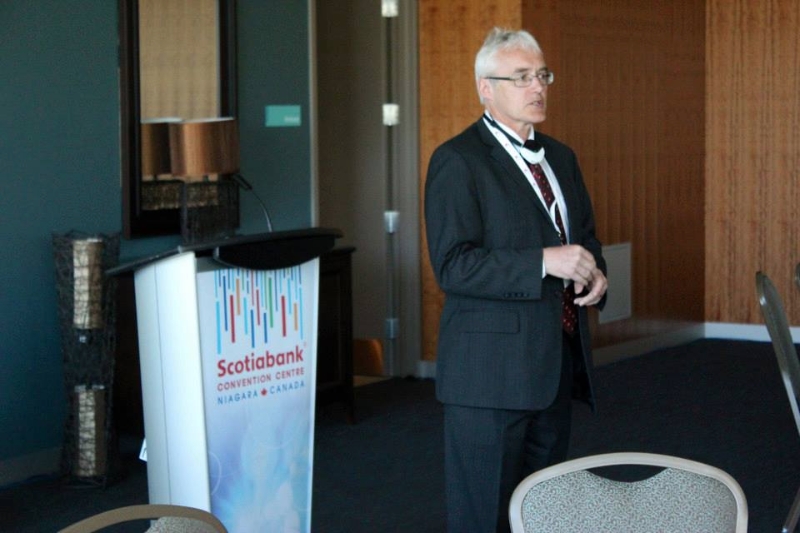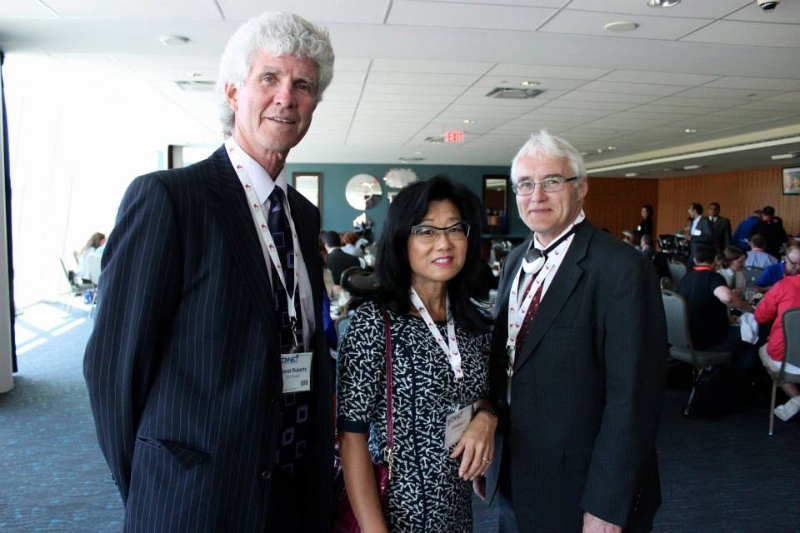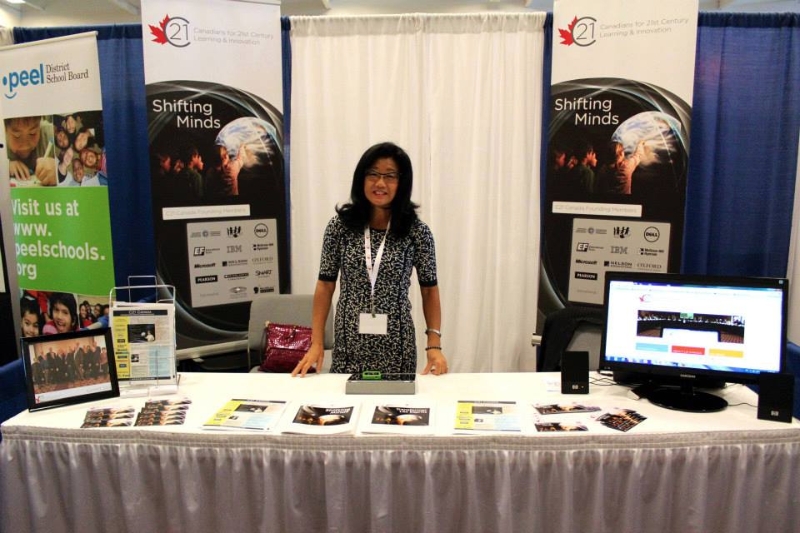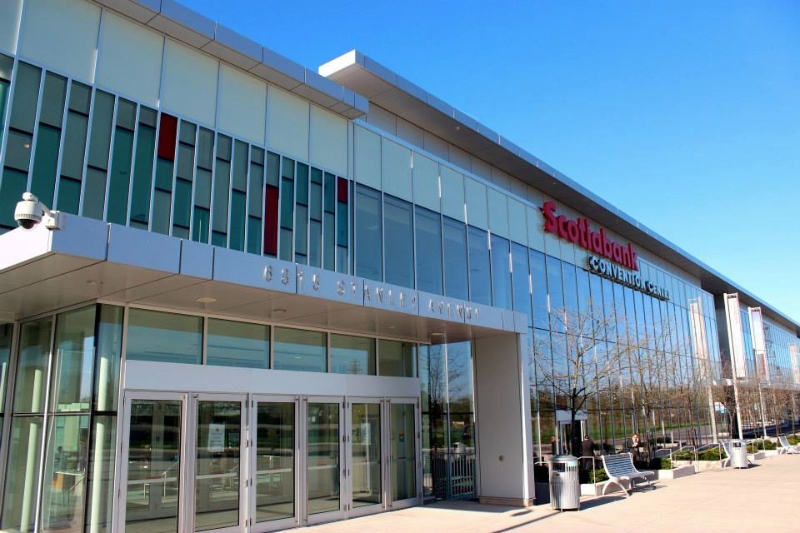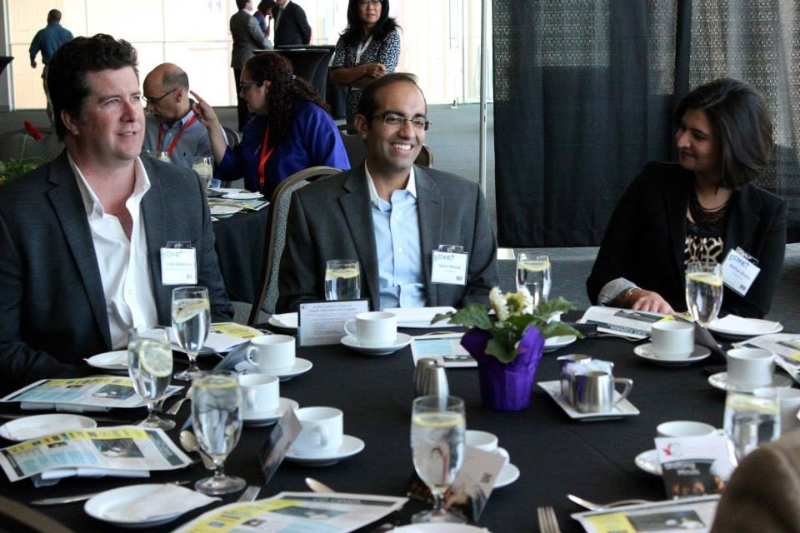The 21st century learning debate has finally gone public in Canada.
In one corner we have those Canadians who question whether our nation should stick to the 19th century inspired “industrial model” of learning. Hats off to Margaret Wente for articulating this point of view. Wente’s article, published in the Globe and Mail March 4th 2014 likely reflects many Canadian’s concerns with what she calls the “the faddish, fuzzy notion called “21st Century Learning.”
Meanwhile, in Alberta, the Minister of Education, the Honourable Jeff Johnson, is championing what he calls “an informed transformation” of that province’s education system to a “21st century model of learning”. Entitled “Inspiring Education”, the Alberta learning agenda embraces the principles of the 21st century learning movement. In an article published March 5th 2014 in the Calgary Herald Minister Johnson highlights the rationale for the changes and points out the fallacies of those suggesting Alberta is risking their “international success status” in student performance.
We applaud both Wente and Johnson for taking on this important debate. Of course, as an organization whose mandate is to advocate for 21st century models of learning through-out Canada, C21 Canada is clearly on Johnson’s side of the argument. However, we welcome Canadians engagement on the fundamentally important question of the future of education in Canada.
The critical question Canadians must ask themselves is: “Will the industrial model of learning, developed in the 19th century, continue to serve young Canadians and the country, or do we need to modernize our model of learning to reflect 21st century realities?”
The second question we must ask is: “Is 21st century learning really a “faddish, fuzzy notion?” In 2012, C21 Canada released “Shifting Minds: A 21st Century Vision of Public Education for Canada”. Shifting Minds is founded on a vast array of both national and international research and offers a vision and framework for Canadians to understand “why” a 21st century learning model is needed in today’s knowledge and digital era, “what” constitutes a 21st century learning model, and “how” to make the changes required. The OECD, UNESCO, European Union and Partnership for 21st Century Skills in the United States are just some of the international organizations calling for countries to modernize their learning systems. And many jurisdictions are responding, including some of the top PISA performing countries in the world. A growing number of thought leaders around the world are joining the call for change and much has been written on what has been coined the global 21st century learning movement. Interestingly, within this growing body of knowledge, there is a high convergence of thinking around what must be done to position today’s youth for success in “their” future. To suggest that the 21st century learning is a fuzzy, faddish notion is an injustice to the global research and evidence behind the principles and concepts.
If Wente and others are to continue to be the voice of maintaining the 19th century industrial model of learning in the 21st century in this country, we encourage all Canadians to become more informed of what this would really mean for our youth, and for Canada as a whole. If you believe the world around you has changed remarkably in the 21st century with the advancements of new technologies and access to the world’s body of knowledge, you may begin to wonder why our education systems should remain the same.
On February 19th, 2014 C21 Canada presented Minister Jeff Johnson with a Shifting Minds Award to recognize his work in advancing a 21st century model of learning in Alberta. While C21 Canada will likely never present Margaret Wente with a Shifting Minds Award, we appreciate her contribution to the debate on whether education in Canada needs to be modernized. In our view, this debate needs to be public, and is the most important topic Canadians should be engaged on at this time.





